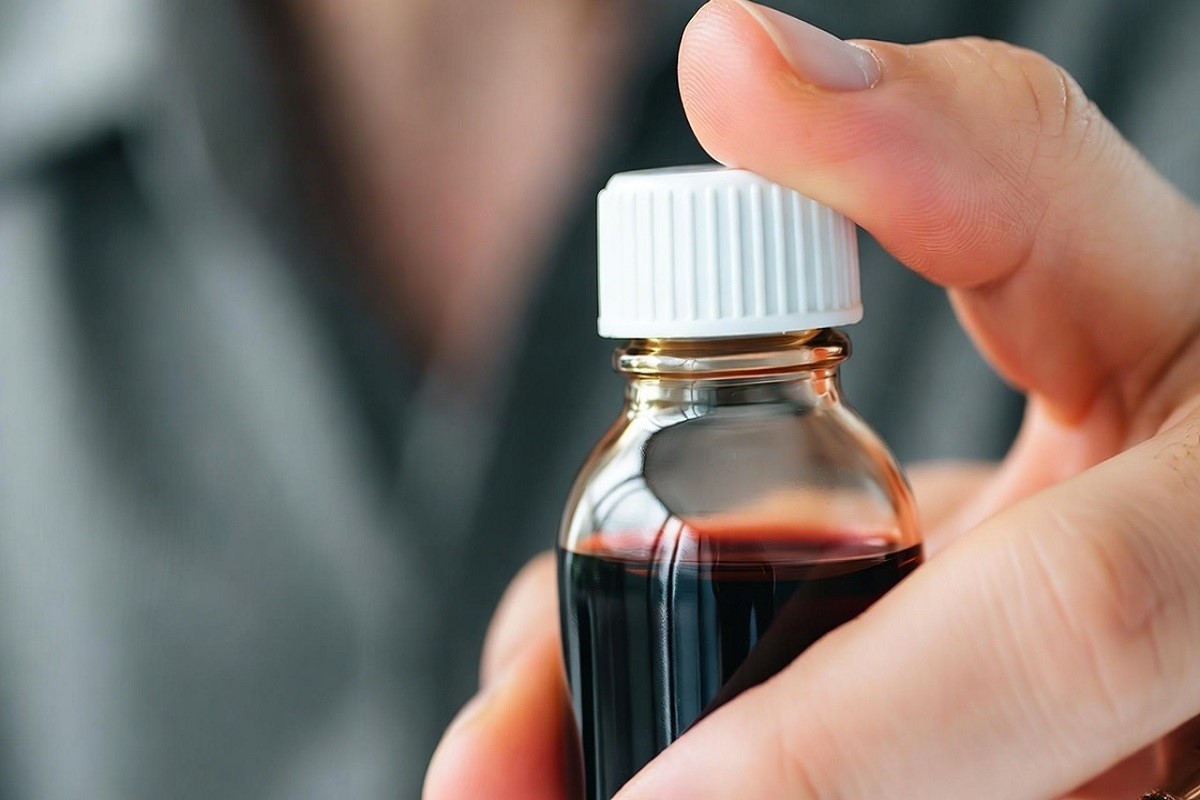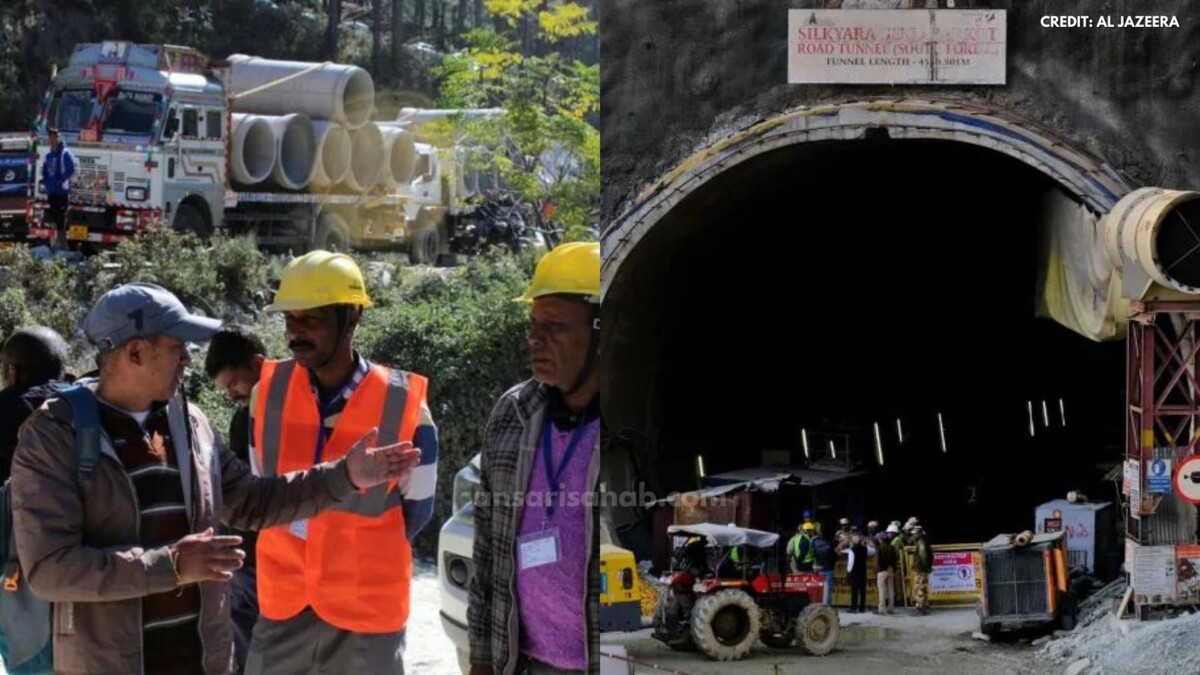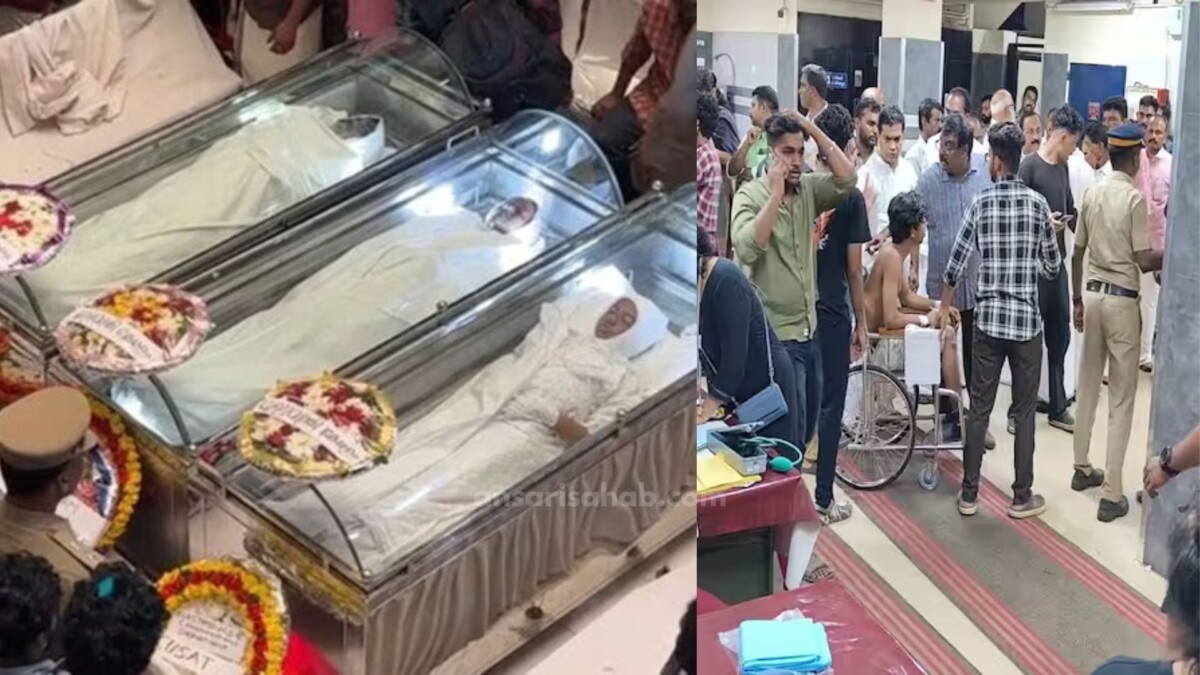Top Officials Suspended as Probe Mounts: In a swift response to the deaths of at least 14 children allegedly linked to contaminated cough syrup, the Madhya Pradesh government has suspended key health and regulatory officials and opened criminal investigations. Chief Minister Mohan Yadav has ordered transfers, suspensions and asset seizures, while police have launched a manslaughter probe. (according to Reuters)
Authorities have suspended two drug inspectors, the deputy director of the state Food & Drug Administration (FDA), and transferred the state drug controller. An FIR has been registered against the manufacturer, Sresan Pharmaceuticals, and against a pediatrician accused of prescribing the syrup. The syrup, branded Coldrif, was found to contain toxic levels of diethylene glycol — nearly 500 times permissible limit, per official lab reports.
Background: What Happened in Madhya Pradesh?
Over the past weeks, children in Chhindwara and Parasia areas of Madhya Pradesh fell ill and died after being administered Coldrif cough syrup. Many exhibited signs of kidney failure, dehydration, and multi-organ distress reportedly after consuming the suspect medicine. The manufacturer’s SR-13 batch was tested and found to contain 48.6 % diethylene glycol — an industrial chemical and known toxin.
State drug authorities have already banned Coldrif and ordered seizure of existing stocks. In Chhindwara alone, 433 bottles were seized, and authorities are tracing the 222 already sold units. Police now name the manufacturer, local distributors, and a prescribing pediatrician in the criminal case, alleging culpable homicide, adulteration, negligence and violation under the Drugs & Cosmetics Act.
A Public Interest Litigation (PIL) has also been filed in the Supreme Court seeking a Central Bureau of Investigation (CBI) probe into the tragedy.
Expert observers warn that this is not an isolated problem — past cough syrup controversies (e.g., in Gambia and Uzbekistan) have similarly involved contamination with DEG or ethylene glycol from substandard manufacturing practices.
Regulatory Failures and Institutional Accountability
Initial investigations suggest systemic lapses at multiple levels. In the manufacturing plant, inspectors found rusted tanks, lack of quality tests, absence of qualified chemists, and use of industrial-grade chemicals without validation. At the state level, the delayed response by regulatory authorities, lack of prompt testing, and failure to monitor fixed-dose combinations (FDCs) in pediatric formulations are under scrutiny.
The Indian Medical Association (IMA) has cautioned against the hasty arrest of the prescribing doctor, arguing the case should not shift blame from regulatory agencies and manufacturer accountability. The IMA also criticizes the failure of central and state drug authorities — the Central Drugs Standard Control Organization (CDSCO) and MP FDA — to monitor the concentration of DEG in marketed products.
Union-level intervention followed; the Health Ministry issued advisories barring prescription or dispensing of cough/cold medicines for children below two years, pending further analysis. The National Human Rights Commission (NHRC) has also issued notices to MP, Rajasthan, Uttar Pradesh, and the Drugs Controller General to probe compliance and show cause reports. Activists and public health groups are now demanding a nationwide ban on irrational cough syrups and stricter regulatory oversight.
Why It Matters: Lessons and Implications
The cough syrup deaths in Madhya Pradesh underscore how regulatory complacency, weak oversight, and pharmaceutical malpractice can lead to tragic outcomes. For affected families, the stakes are heartbreak, financial burden, and the need for transparency in investigations and accountability.
On a systemic level, these events test the integrity of India’s drug regulatory framework. Rapid action is crucial to restore public trust. The case could prompt reforms in drug approval, mandatory surveillance, and stricter penalties for adulteration.
For health care providers, the tragedy serves as a warning to avoid prescribing unverified medicine combinations — especially for children. The central advisory against cough syrup use in infants signals a necessary shift toward greater caution.
Finally, for consumers, this raises questions about drug safety, recalls, and the importance of regulatory vigilance. Families must have recourse in cases of negligence, and policy efforts should aim to prevent recurrence.
The unfolding crisis is therefore more than a localized tragedy — it is a test for institutions, public health safeguards, and accountability in India’s pharmaceutical sector.
FAQs
The phrase refers to the deaths of at least 14 children in Madhya Pradesh who reportedly consumed a contaminated cough syrup called Coldrif, which was found to contain toxic levels of diethylene glycol.
The state government has suspended two drug inspectors and a deputy FDA director, transferred the state drug controller, and directed seizure of existing stock. A special investigation team has been formed and police have filed criminal cases.
Yes — a PIL filed in the Supreme Court seeks a CBI investigation into the cough syrup deaths in Madhya Pradesh, which may lead to federal-level scrutiny of the case.









